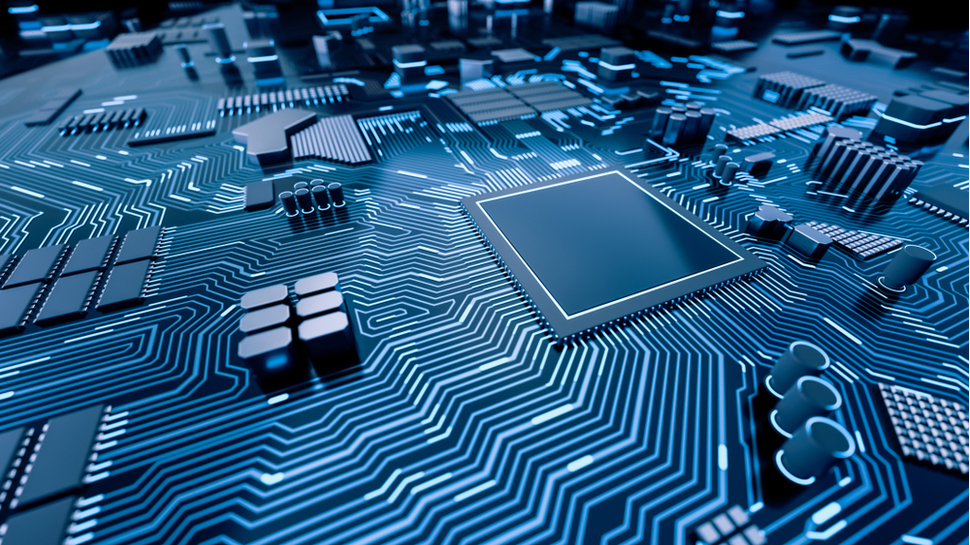
Broadcom CEO Hock Tan has predicted that demand for AI clusters will continue for another three to five years as companies continue to battle with the resource- and power-intensive compute needs of AI.
Speaking with Jim Cramer in an interview on CNBC’s Mad Money, Tan outlined how customers plan to build increasingly larger AI clusters, doubling in size with each new generation of machines.
The prediction suggests a steady rise in demand for custom AI silicon and other advanced semiconductors, which Tan sees as beneficial for Broadcom.
Broadcom isn’t worried about the chip market
Tan explained that ongoing developments and advancements of large language models will mean that large-scale builds will be required annually in order to keep up with pace. As such, hyperscale AI clusters, which currently use 100,000 accelerators, may one day grow to include one million accelerators, believes Tan.
Looking to get a slice of the action, the company aims to design and deliver essential components, including custom-built XPUs, to meet the demand. XPUs are anticipated to grow faster than traditional GPUs in the future, and as has been proven time and time again, early entry to the market counts for a lot.
Nvidia, which was one of the first companies to invest heavily in AI chips for data centers, briefly spent some time as the world’s most valuable company. Currently occupying third place, it has a market cap of $2.78 trillion.
Broadcom’s recent AI revenue expectation was raised to $12 billion for fiscal year 2024, reflecting ongoing hot demand from the tech sector.
Moreover, Tan addressed the pandemic-induced chip shortage and the state of non-AI semiconductor production and demand globally, indicating that recovery for the segment could occur in 2025 or 2026. The CEO also noted strong demand for Wi-Fi and storage connectivity products.
More from TechRadar Pro
- These are the best AI writers
- Check out our roundup of the best processors
- More than half of VMware customers are reportedly looking to move following recent unrest







